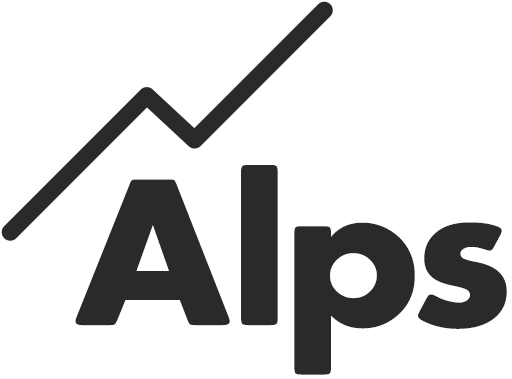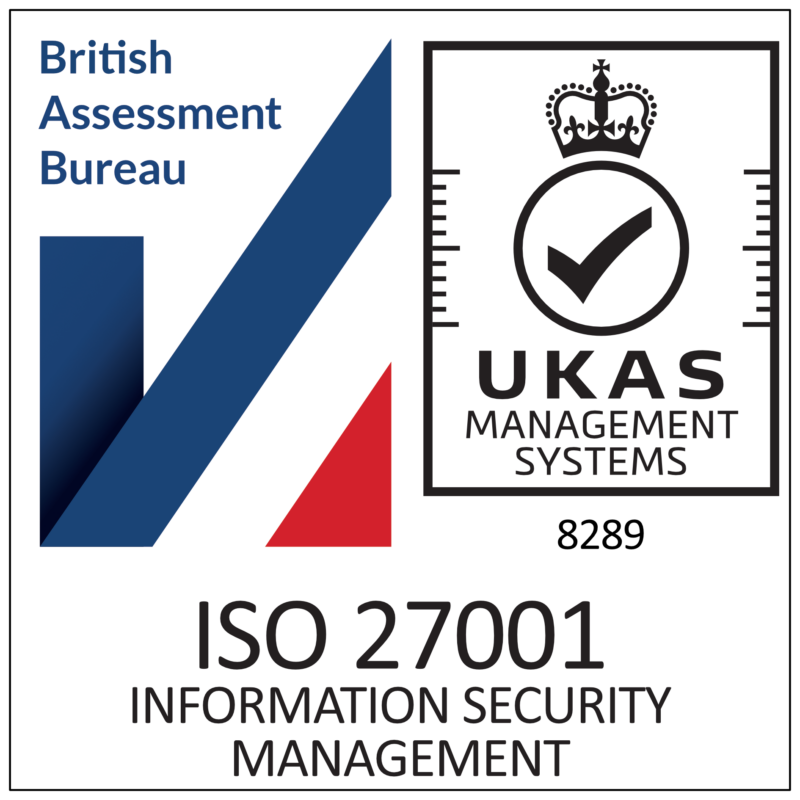Developing an Effective Post-16 Careers Programme
Blog written by John Roe.
As part of my series of blogs for post-16 leaders, I have mentioned careers programmes. This blog is a useful compilation of the ideas in one blog, for ease. You can also find my earlier blogs here
We know that effective careers education is vital for post-16 students if they are to make informed choices when deciding on future pathways and destinations. In this blog, I discuss the benefits of developing a comprehensive careers programme and some practical tips that post-16 leaders can use to support with this.
- Getting Started
A lot of students struggle when researching careers because they just do not know where to start. A fantastic way to overcome this is to get them to take a careers quiz/test such as the UCAS Careers Quiz or the Spartan Test which can be found as part of the SACU website. These can help students identify their strengths and help them find career options that match their likes, skills, and personality.
Assessments such as these encourage students to reflect on their skills, aspirations, interests, and preferences whilst introducing them to a variety of career options that they may not have previously considered. Although they can be an excellent activity for students, it is important that they are viewed as just a starting point rather than a sole method of determining future careers.
- Assemblies and Tutorial Sessions
Assemblies and tutorial sessions provide excellent, frequent opportunities for students to engage with careers-related topics. These should not only support students in developing their knowledge of university options, apprenticeships, and school leavers programmes but also focus on developing the skills needed for future pathways and employment.
Many organisations and companies produce free resources that schools can use directly in sessions to develop students’ knowledge and skills. An excellent example of this is the Barclays Life Skills website which contains lesson plans and teaching resources to support students to develop skills such as communication, leadership, digital literacy, problem-solving and financial management. It also has activities to support students with interviews and job applications.
Most universities will have specialist school liaison teams who can arrange speakers for your school or college. They will be able to offer a range of talks on topics such as choosing a course, student life, the application process, preparing for interviews and student finance. Sessions can often be delivered virtually, which offers increased flexibility and accessibility to students. Some universities also produce resources that you can use directly in assemblies and tutorial sessions to further engage and inform students.
Assemblies and tutorial sessions can also be a good forum to use when encouraging students to undertake super-curricular activities. Super-curricular activities/resources are designed to help students expand their subject knowledge beyond what is taught in the classroom. They can help students decide whether certain courses and careers may be right for them and be valuable in the development of independent learning skills.
Remind students in these assemblies that most universities also provide taster sessions. These provide students with fantastic opportunities to explore subjects and careers. Many of these sessions now take place online and are accessible even if students live and study overseas. Attending taster sessions and other events such as Open Days and Summer Schools can also help to raise student aspirations and motivation levels.
Assemblies and tutorial sessions provide a great platform to communicate opportunities and to encourage participation. It is however important to ensure that all students are being supported in terms of future destinations and that they are aware of multiple career options. Websites such as ‘Not going to Uni’, ‘Rate My Apprenticeship’ and ‘All About School Leavers’ are great for highlighting alternatives to university.
- Careers Events
Holding careers events within school can also be an excellent way of engaging and informing students of different pathways. Careers talks where speakers discuss their career and educational pathway can be excellent at informing and motivating students. In my experience these tends to work best with small groups of students who are interested in specific careers, however assemblies and tutorial time can also be used for these. Careers carousels involving a range of volunteers from different employment sectors can also be a fantastic way of engaging students. During these, students speak to a volunteer for 5-10 minutes either individually or in small groups about their job or career. At the end of this period, they move on to a different volunteer allowing them to learn about a range of careers during the duration of an event. Careers fairs where students can engage with employers, universities, and other training providers in one space can also be an excellent way of raising awareness of different pathways and options.
A key feature of the Gatsby benchmarks is that all teachers should link curriculum learning with careers education. A resource I found particularly useful when working with students was ‘The Ladder: Supporting students towards successful futures and confident career choices’ by Andrew Bernard. The book is full of great ideas and engaging materials that teachers can use to inspire students. It also offers practical tips to help teachers link their subject area to career opportunities as well as advice on how to form strong links to local businesses and external organisations which can enhance your careers provision.
- Alumni Networks
When working as a post-16 leader, I found talks from former students to be a powerful way to raise awareness of different courses and career pathways. Students would often be more inclined to ask questions during these sessions and seeing former students talk enthusiastically about their current courses and career plans was always very inspiring. Staying connected with former students and building your own alumni network can have many benefits. Alumni can offer expertise, knowledge and skills that can enhance both your curriculum and careers provision. They are also well-placed to offer practical tips and support to current students and when they share their experiences, they can also motivate students to feel more confident in making decisions about their future.
Another effective way of connecting current students with alumni is through the creation of career profiles. Highlighting the diverse range of careers undertaken by former students as well as the different educational routes they have taken to achieve these can be a powerful way of inspiring and engaging current students.
- Work Experience
Work experience is an essential element of any careers programme. It develops students’ understanding of the work environment, supports skills development and allows them to explore career options. Having relevant work experience can enhance a student’s CV and can make them more competitive when applying for jobs or higher education. Work experience can also build student’s confidence and create opportunities for them to network with professionals in their chosen career, potentially leading to references, mentorship opportunities, and future job offers.
Finding suitable work experience placements for students can be challenging and therefore it is important to develop strong links with businesses and other organisations.
Parents, carers, and guardians can also be a fantastic resource when it comes to finding students’ work placements. They can offer guidance, share their own experiences, and support you in developing useful contacts.
Many employers now offer insight days and virtual work experience opportunities. Details of these are often listed on company websites however two excellent websites I would recommend students check out which list opportunities in a variety of career sectors are Speakers for Schools and Young Professionals.
I hope that you have found these tips useful, and I wish you good luck with the development of your Careers programme.

About John Roe:
John has worked in education for 22 years as a science teacher, head of department and pastoral lead. John is passionate about creating an aspirational culture and supporting students to achieve their full potential. Prior to joining Alps, John was Director of Radyr Sixth Form in Cardiff for 10 years, where he lead the transformation of the sixth form with student outcomes consistently matching the performance of the top 2% nationally.
Need more information?
If you would like any further information, please contact one of our expert advisers.


